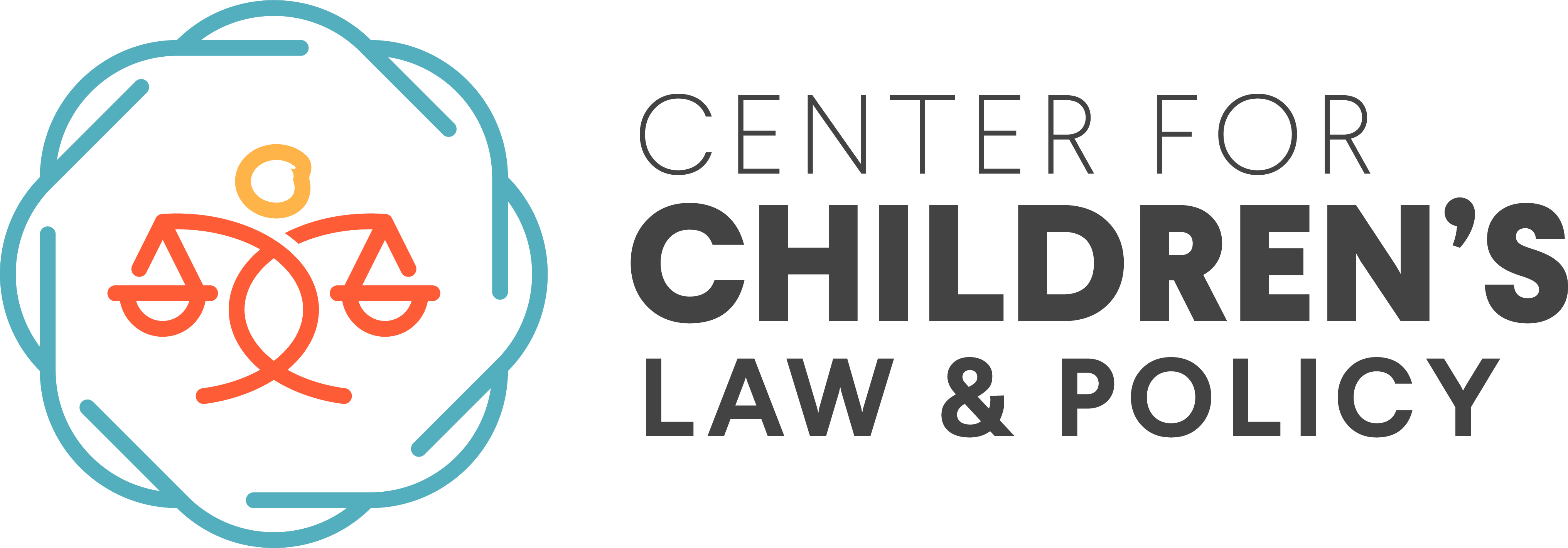
Our staff are working to improve conditions of confinement in juvenile justice systems throughout the country. CCLP has extensive expertise in remedying dangerous and inhumane conditions, as well as helping jurisdictions implement best practices in facilities that house youth.
Stop Solitary for Kids Campaign
CCLP staff are leading Stop Solitary for Kids, a national campaign to end the solitary confinement of youth in three years. In collaboration with the Council of Juvenile Correctional Administrators, the Center for Juvenile Justice Reform at Georgetown University, and the Justice Policy Institute, we are pursuing strategies at the federal state and local level to achieve this goal. To learn more about the Campaign and resources that can support ending solitary confinement in your jurisdiction, visit the Stop Solitary for Kids website.
Sexual Misconduct and the Prison Rape Elimination Act (PREA)
One in ten youth in juvenile facilities in this country report being sexually victimized by staff members or other youth during their stay. Our staff members also have expertise working with jurisdictions to prevent, detect, and respond to sexual misconduct. We have worked with agencies and facilities in New York, New Mexico, Indiana, and the District of Columbia on implementation of the federal Prison Rape Elimination Act (PREA) standards for juvenile facilities. You can learn more about our work in this area on our Resource page.
Training on Best Practices in Juvenile Facilities
CCLP staff, along with staff of the Youth Law Center, co-authored the JDAI Juvenile Detention Facility Assessment Standards, which are the most comprehensive and demanding set of publicly available standards for juvenile detention facilities. The Center’s staff have trained officials in many jurisdictions to use the standards to assess conditions in their juvenile facilities as part of the Annie E. Casey Foundation’s Juvenile Detention Alternatives Initiative. The standards have also been cited and used in many contexts, including findings letters from the U.S. Department of Justice Civil Rights Division, federal and state legislation, and litigation over conditions of confinement. You can view the standards and related materials on our Resources page.
Creating and Revising State Licensing Standards for Juvenile Facilities
CCLP has worked with state officials to create and update licensing standards for juvenile facilities to reflect best practices in the field. For example, CCLP staff helped Louisiana officials develop the state’s first set of licensing standards for its juvenile detention facilities. Our staff also worked with a juvenile justice reform task force in Mississippi to develop recommended standards for submission to the state’s legislature.
Independent Assessments of Conditions of Confinement
CCLP has worked with experts in medical care, mental health care, and education to conduct independent assessments of conditions of confinement juvenile facilities upon request. For example, as part of a federal civil rights case over conditions in Rhode Island’s juvenile facilities, the state’s Department of Children, Youth, and Families and parties to the litigation requested that CCLP conduct an assessment of conditions in the state’s detention center and training school.
To learn more about the Center’s training and technical assistance opportunities, visit our Resources page or contact Jason Szanyi, Director of Institutional Reform, at 202-637-0377 x108 or jszanyi@cclp.org.
